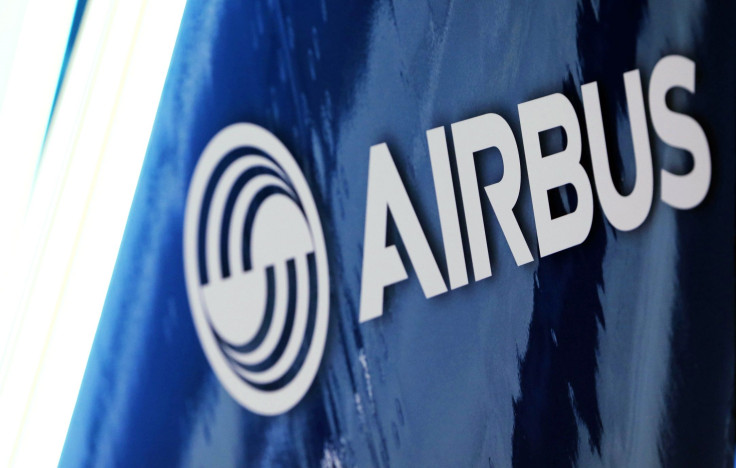Airbus expects flying car completion before the end of the year

Airbus chief executive officer (CEO) Tom Enders has confirmed that its flying cars are currently in the experimental stage. He said that the company was taking the development stage seriously in aiming for a single-person autonomous flying vehicle. Enders is hopeful to launch a demonstration vehicle for a single-transport by the end of the year.
The flying car uses multiple tiltrotors to make it possible to take off vertically and to land like a helicopter. However, it would fly like a propellor-driven airplane. It would likely use four rotors similar to Ehang's quadcopter-style drone. The company has not yet released full design schematics.
Airbus formed Urban Air Mobility in 2016, a division dedicated to exploring concepts including a helicopter-style vehicle carrying multiple riders and a vehicle that can transport an individual. The company wants to adopt the concept of car-sharing schemes, where passengers can book their ride through an app.
Enders said that the company aims to produce a clean vehicle that could avoid further pollution in congested cities. He said that using the skies may help in cost reduction for infrastructures in the city. The company also wants to invest in new technologies such as artificial intelligence and autonomous driving.
A^3 CEO Rodin Lyasoff said that batteries, motors and avionics are already available technologies. However, he noted that there are still hurdles in avoiding collisions while the vehicles are on autonomous flight. Airbus’s advanced projects group, A^3, intends to complete projects including the flying car by end of the year. Vahana, a self-piloted flying vehicle meant for individual passenger and cargo transport is currently in its development stage. CityAirbus, a flying vehicle carrying multiple passengers, is as well still kept in wraps.
The Skyways project is also in its development stage, trying to assess the efficiency and economic effectiveness of an operation management system, and proving its safety to the public. The project would be tested in National University of Singapore through the delivery of small parcels to students and faculties using drones across the campus.




















